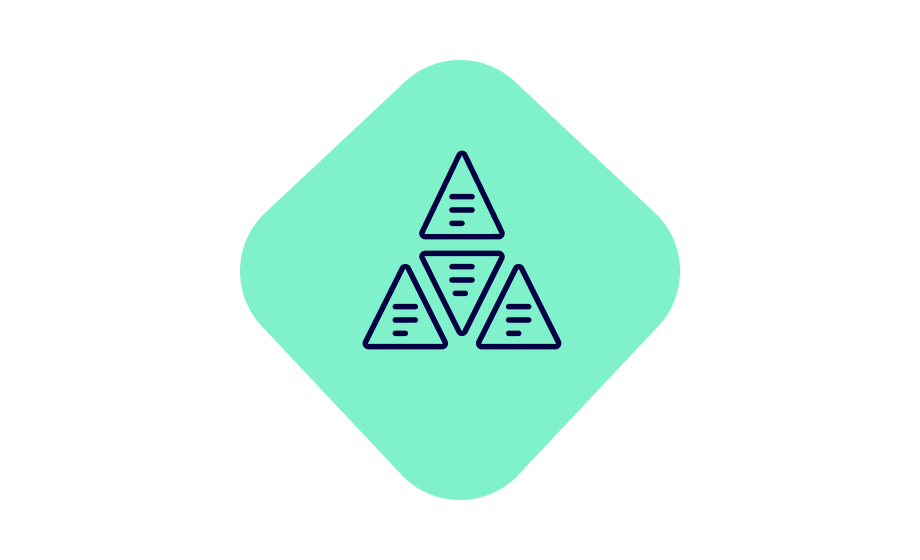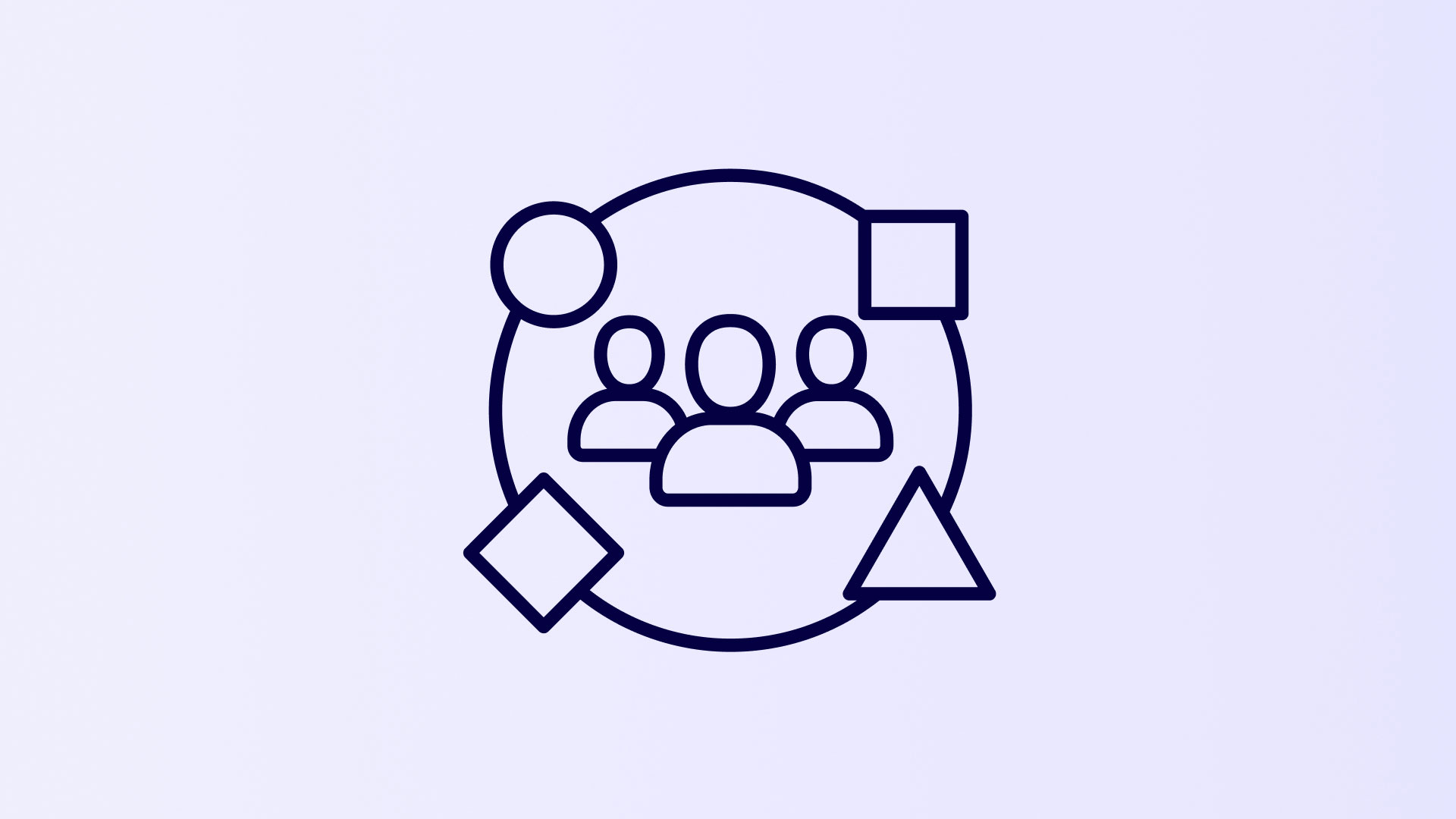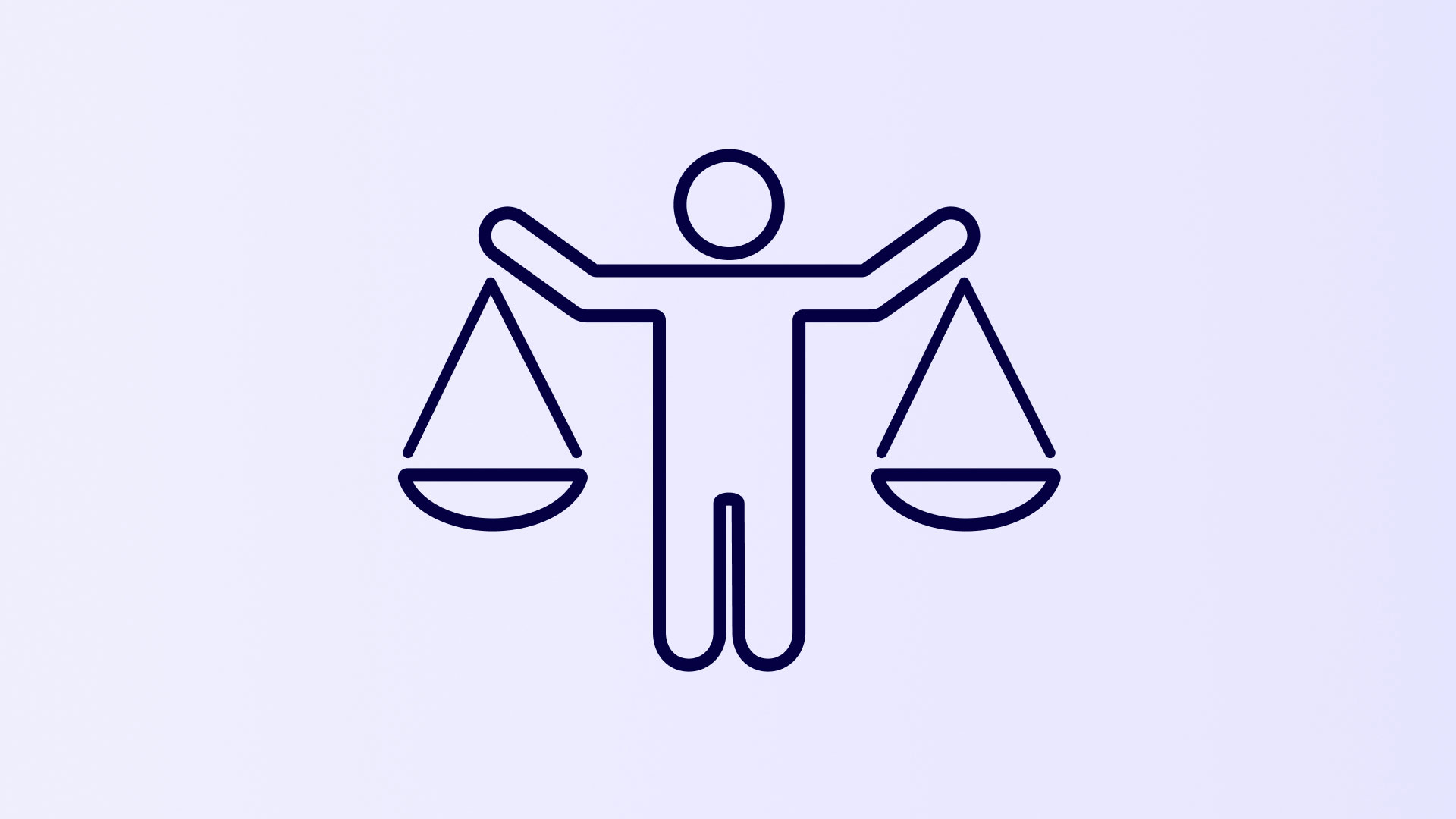
Practical laboratory framework conditions, structures, processes
The use of AI technologies to improve the participation of people with disabilities in working life is influenced by numerous factors that promote and inhibit participation-oriented aid provision . An important role here is played by, for example, the legal-regulatory or organizational framework conditions for the use of AI, the funding practices of the funding bodies, advisory structures and processes for people with disabilities and employers on the use of suitable technologies or sales structures for AI-supported assistance systems.
The practical laboratory will examine relevant framework conditions, structures and processes in the provision of AI-supported assistance systems to people with disabilities and, based on identified adaptation needs, formulate recommendations for their future design.
What happens in the practice laboratory?
The practice laboratory sees itself as a format of participatory and transdisciplinary research in which research and practice actors work together according to the co-creation approach to advance the socio-technical transformation of vocational rehabilitation and the world of work. The long-term goal is to improve the participation of people with disabilities in working life through the use of AI-supported assistance systems. The practice laboratory goes through three phases of co-creation:
- In the co-design phase, adaptation needs are identified. This is done based on the results of the needs analysis, the interim results of the accompanying evaluation of the use of AI in the employer practice laboratories and the results of work packages 1 (monitoring AI-supported assistance technologies) and 2 (advice & skills).
- In the co-production phase, a theory of change is developed together. The necessary prerequisites for change are defined based on the adaptation needs. Here, each actor contributes their own perspective to a better understanding of the change processes. The theory of change forms the basis for identifying effective measures and formulating practice-relevant recommendations for action.
- In the co-evaluation phase, the recommendations for action and, if applicable, concrete measures are validated with the practical laboratory participants and other stakeholders, such as political decision-makers.
Who do we want to work with in the practice laboratory?
In the practical laboratory, we would like to work with stakeholders who are involved in providing people with disabilities with AI-supported assistance systems. In particular, the following stakeholders are in focus:
- Technical advisory services at the inclusion offices and the Federal Employment Agency advise employers and people with disabilities on all technical and organizational issues relating to the inclusive design of workplaces. They assess workplaces, help to set them up to be accessible for people with disabilities, and provide advice and support in the procurement of aids and technical work aids.
- Funding bodies support the aids and technical work aids necessary for carrying out a professional activity. Rehabilitation consultants at the funding bodies advise and support people with disabilities in determining their needs and planning participation and decide on the approval of assistive technologies.
- On the employer side , there are specialized roles in companies such as inclusion officers, disability managers or representatives of severely handicapped persons. The task of these company actors is to represent the interests of employees with disabilities or employees at risk of disability, to advise them and, in cooperation with works councils and superiors of those affected, to develop suitable (including technological) solutions to maintain the employees’ ability to work or to create inclusive workplaces.
- As those affected , people with disabilities are experts in their own field and often have a wide range of experience. They bring this knowledge to the Supplementary Independent Participation Counseling Service (EUTB), for example, where they provide advice on aids and (problems with) applying for them.
In addition, other topic-specific stakeholders will be included through appropriate participation and workshop formats.
Would you like to know more?
The contact person for the practical laboratory framework conditions, structures and processes is the Federal Association of German Vocational Training Centres (BV BFW) . The best way to reach us is by email: ki-kompass@bv-bfw.de




